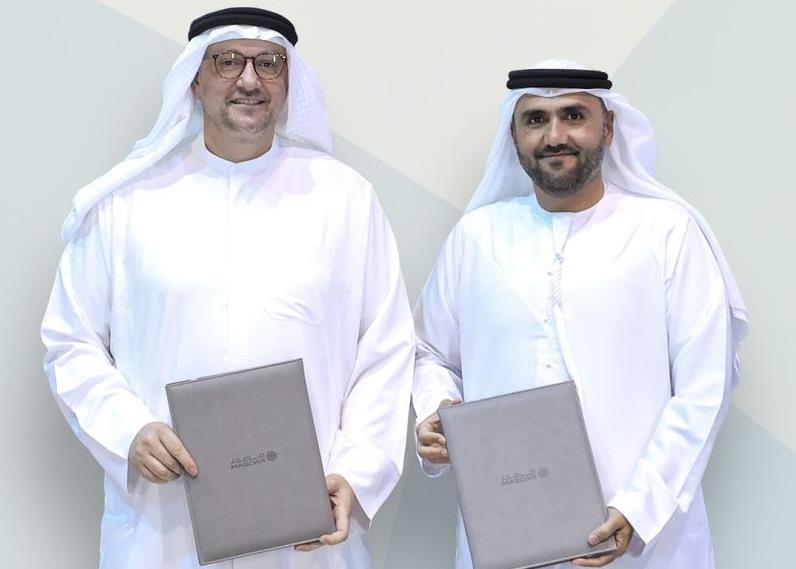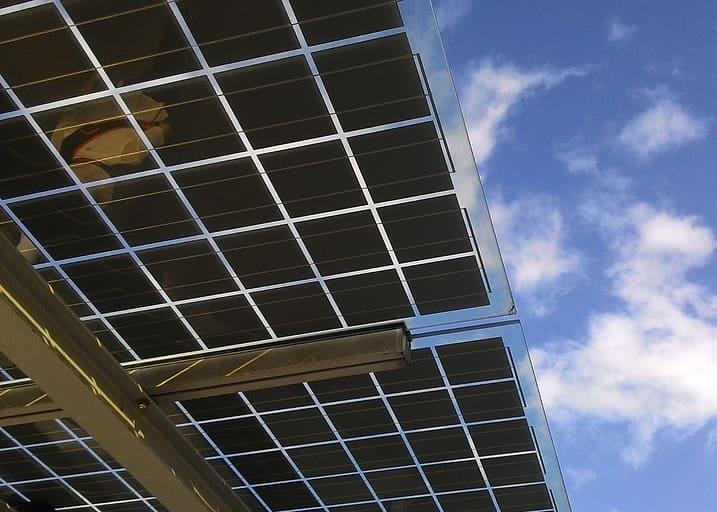
Negotiators for Tehran and the worlds six most powerful governments are seeking a final agreement on Irans nuclear progarmme by 20 July
The final round of negiotiations between Iran and the P5+1 - the US, UK, China, France, Russia and Germany - began on 4 July in Vienna, with negotiators seeking to reach a deal on the countrys nuclear activities by the 20 July deadline, as agreed in an interim agreement in January.
The January agreement saw Tehran cut back on elements of its nuclear programme, including suspending any new to uranium enrichment, in return for an easing of international economic sanctions.
The P5+1 nations agreed to suspend sanctions on gold and precious metals, and on the Islamic Republics automotive and petrochemicals exports. It left in place however though sanctions on Irans oil and banking sectors.
Building trust
Tehran insists that its nuclear programme is peaceful and only for power production. It wants an end to the sanctions that have left its economy in tatters. It is thought that in return, the country will accept a tougher inspection regime and a limit to its production of enriched uranium.
Since his landslide victory in presidential elections in June last year, President Hassan Rouhani has sought to ease tensions with the West but many western government accuse Tehran of secretly seeking to develop a nuclear weapons programme.
Slow progress
The negotiations stalled in May with both sides accusing each other of having unrealistic demands. Washington sent one of its top diplomats to Switzerland to rekindle the talks.
CNN reported last week that for a final deal to be struck, the P5+1 group expects further checks and limitations in place, which could include demands that Iran dismantle some nuclear facilities and shut down thousands of centrifuges. The group may also want some sanctions to remain in place.
And according to Irans state-run Press TV, Abbas Araqchi, who heads the countrys nuclear talks, said a deal could be agreed if Irans nuclear rights are consolidated and respected.
Irans obligations under the interim agrrement:
- Stop all enrichment of uranium above 5 per cent; no increase in stocks of 3.5 per cent uranium
- Stocks of 20 per cent enriched uranium diluted to below 5 per cent or converted to a form not suitable for further enrichment
- No new enrichment or reprocessing facilities built and no additional centrifuges installed; damaged centrifuges can be replaced
- Iran will not commission, fuel or test the Arak reactor
- International Atomic Energy Agency (IAEA) inspectors given comprehensive access to the Natanz, Fordow and Arak sites, plus access to centrifuge assembly workshops, uranium mines and mills and other facilities.
- Iran to provide IAEA with design information for the Arak reactor.
You might also like...

Neom seeks to raise funds in $1.3bn sukuk sale
19 April 2024

Saudi firm advances Neutral Zone real estate plans
19 April 2024

Algeria signs oil deal with Swedish company
19 April 2024

Masdar and Etihad plan pumped hydro project
19 April 2024
A MEED Subscription...
Subscribe or upgrade your current MEED.com package to support your strategic planning with the MENA region’s best source of business information. Proceed to our online shop below to find out more about the features in each package.




